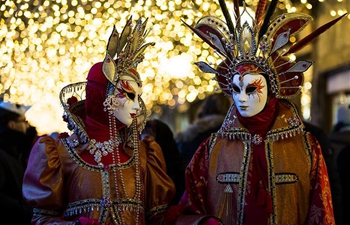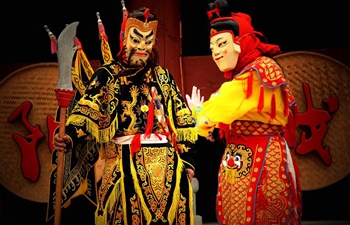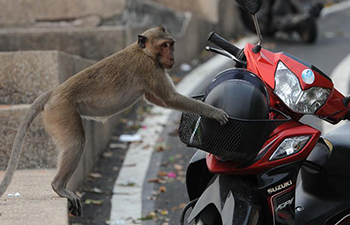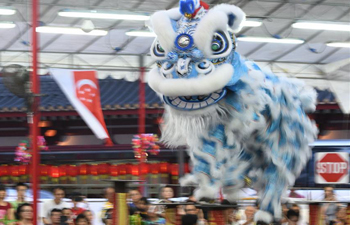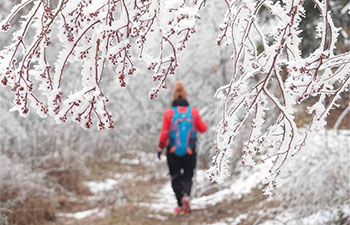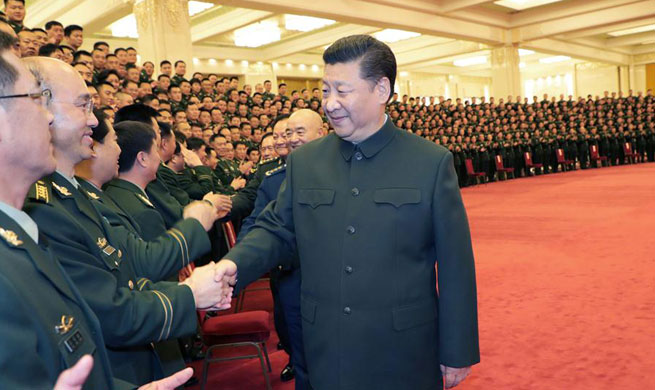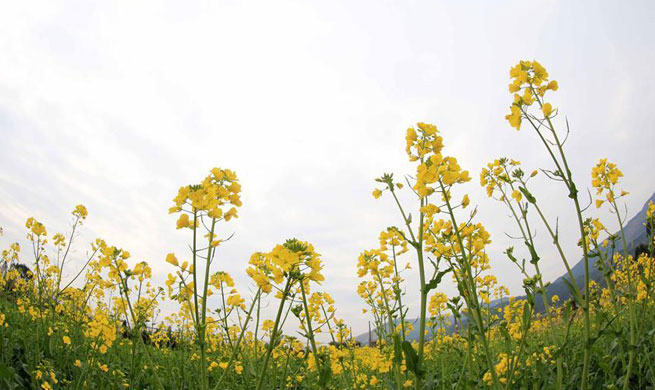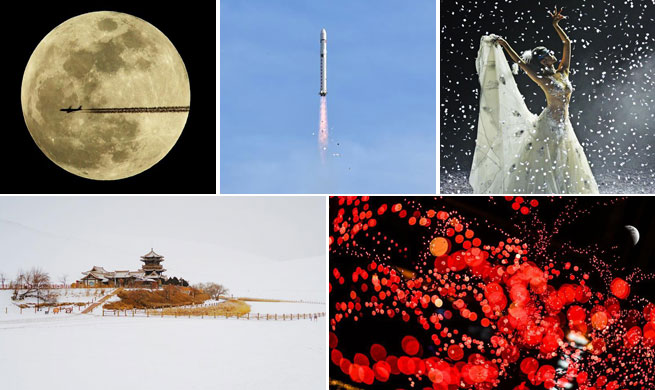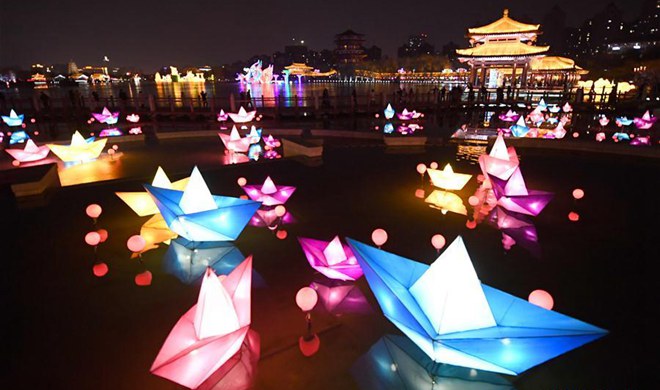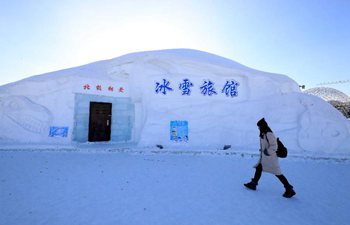LANZHOU, Feb. 4 (Xinhua) -- With his medical report in hand, Sangmo Dongyeltso, 44, a Tibetan monk from northwest China's Gansu Province, feels more secure about his health.
"I asked the doctor to write my report as detailed as possible, so that I can bring it back to my Tibetan doctor for reference," he said.
Sponsored by the local government, nearly 100 Tibetan monks in Machu County have received free medical checkups in the provincial capital of Lanzhou, some 300 kilometers away.
Lying on the northern edge of the Qinghai-Tibet Plateau, Machu in Gannan Tibetan Autonomous Prefecture is one of China's most underdeveloped areas. Due to poor transport infrastructure, a patient has to transfer four buses to get to Lanzhou for more medical treatment.
Machu has 11 temples with over 2,000 monks in residence. This was the first organized medical examination program specifically for them, according to Kunga from the county government.
Tenzin Jamtso, 56, never knew his height or weight before. During his first checkup, which lasted four hours, he was given a blood test, an ultrasound and some other routine tests, and was diagnosed with cataracts and high total cholesterol.
In the past, Tenzin usually went to see Tibetan doctors in temple health centers, and the county people's hospital was as far as he had travelled.
"Western medicine features detailed physical examinations, while traditional Tibetan medicine has always been suitable for me," he said.
Tibetan monks live in high altitude areas and have very different dietary habits, which can lead to high incidences of digestive tract and rheumatic diseases.
Mi Denghai, president of No. 2 People's Hospital of Gansu Province, once worked in Gannan to help local doctors improve skills. He said that Tibetan monks rarely get medical checkups due to a lack of health awareness and backward medical conditions.
Since 2015, 10 top level hospitals in the provincial capital have been paired with 10 county and prefecture level hospitals in the Tibetan regions of Gansu to improve local medical and health services.
"We hope to offer free checkups for them, so as to achieve full coverage of healthcare for all people living in the area," Mi said.
Mi's hospital has been sending doctors to Machu People's Hospital for the last three years, and provided home visits for 4,500 patients in remote areas last year alone.
Based on the test results, the No. 2 People's Hospital of Gansu filed a personal health archive for Tenzin and handed it over to the county hospital for follow-up.
"We send the test results back to local hospitals and carry out treatment and regular follow-ups for all monks," Mi said.
Zhao Shengtang, head of the county health authority, said the local government has set aside funds to provide a free yearly checkup for all Tibetan monks, and medical care for their future treatment.
"Combining traditional Tibetan and Western medicine has gradually become a better choice for both patients and doctors," said Wang Tuansheng, president of Machu People's Hospital.
Wang said many Tibetans suffering from fractures or chronic diseases still turn to traditional medicine as it is minimally invasive and has fewer side effects, while people with pediatric, obstetric and acute diseases often choose Western medicine first.
According to Wang, traditional Tibetan medicine doctors have taken Western medicine courses to improve their diagnostic levels. "Many doctors now refer to patients' x-rays and test results to assist their diagnosis.
(Xinhua intern Wang Ruofei contributed to the reporting)





